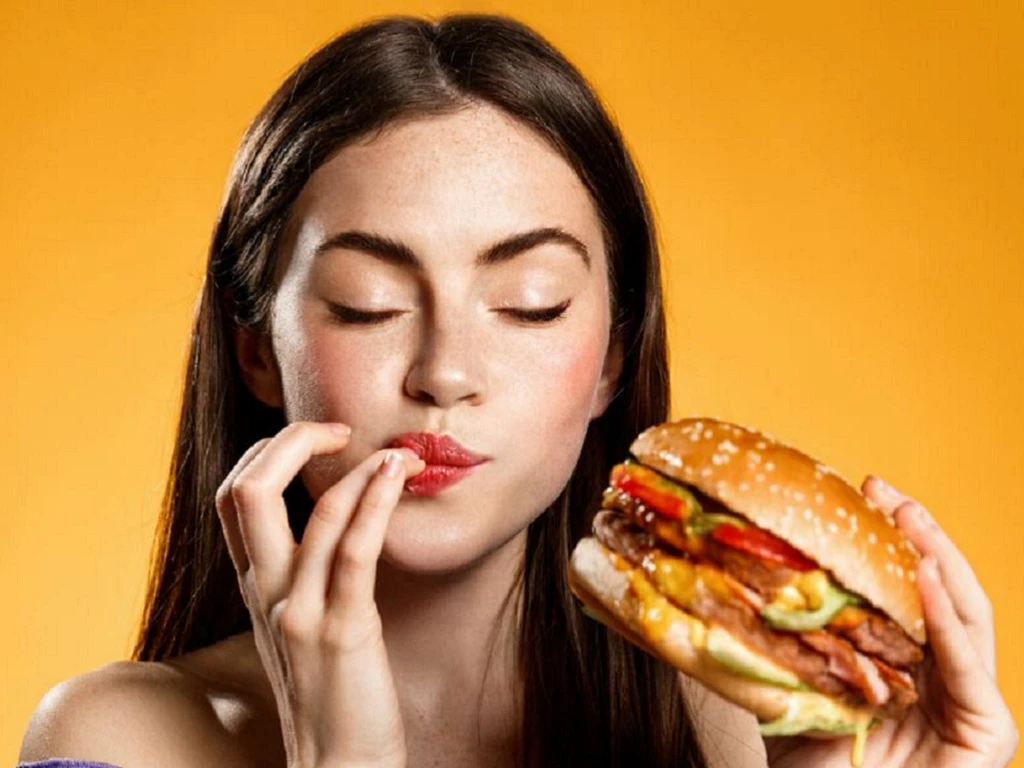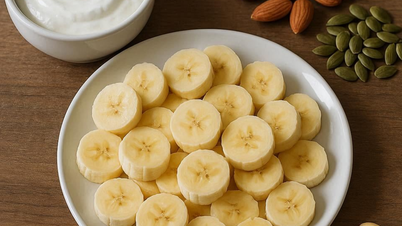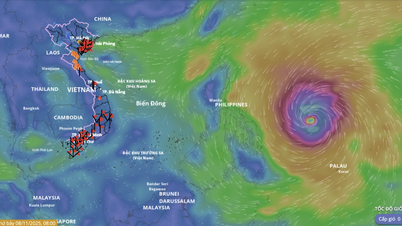Our ancestors had to survive in harsh natural conditions. During the winter months, food was scarcer. Therefore, the body would be stimulated to eat more and store energy, according to the news site The Conversation (Australia).

Colder weather can trigger cravings, making it harder to stick to a diet.
This survival mechanism still exists in modern humans. In fact, a study published in the journal Food Quality and Preference in 2022 found that even watching a video about winter can stimulate the taste buds of viewers.
However, this is not the only reason why cravings increase when the weather turns cold, making it harder to stick to a diet. Colder days are also the time when many people are reluctant to go out, stay at home more to avoid the cold, and also exercise less and participate in activities that burn a lot of calories.
Not only do we burn fewer calories when we’re home more, but we also tend to go to the kitchen and open the pantry more often. When food is constantly in front of us, we tend to eat it. All of this combined can lead to weight gain.
Another reason for increased appetite in cold weather is hormonal changes. When it is cold, glucocorticoid hormone levels are more active and make us eat more.
In addition, the body needs feel-good neurotransmitters like serotonin and dopamine on a daily basis. These are released by the gut when you eat certain foods or are exposed to sunlight. During the winter months, the cloudy skies and less time outdoors due to the cold weather will cause the body to compensate for serotonin and dopamine by eating favorite foods. This will stimulate appetite.
To control cravings, when hungry, people should prioritize eating healthy foods instead of foods high in carbohydrates or fat. For example, soups or stews with vegetables, beans and protein-rich meats are ideal choices on cold days. In addition, some foods rich in vitamin D such as salmon are also very good for health, especially when the skin will produce less vitamin D due to less exposure to sunlight, according to The Conversation .
Source link


![[Photo] Heavy damage after storm No. 13 in Song Cau ward, Dak Lak province](https://vphoto.vietnam.vn/thumb/1200x675/vietnam/resource/IMAGE/2025/11/08/1762574759594_img-0541-7441-jpg.webp)


![[Photo] "Ship graveyard" on Xuan Dai Bay](https://vphoto.vietnam.vn/thumb/1200x675/vietnam/resource/IMAGE/2025/11/08/1762577162805_ndo_br_tb5-jpg.webp)
































![[Video] Hue Monuments reopen to welcome visitors](https://vphoto.vietnam.vn/thumb/402x226/vietnam/resource/IMAGE/2025/11/05/1762301089171_dung01-05-43-09still013-jpg.webp)



































































Comment (0)